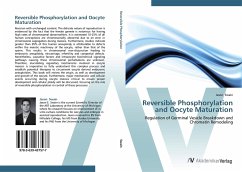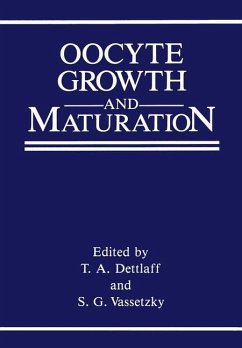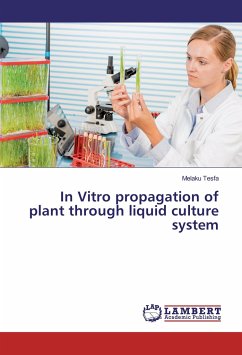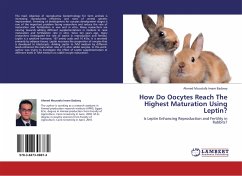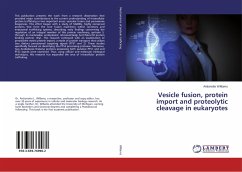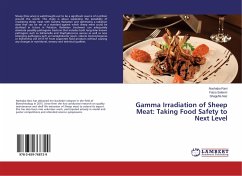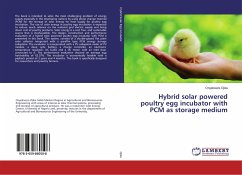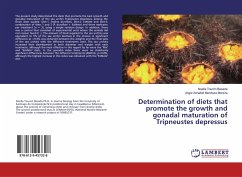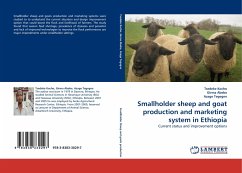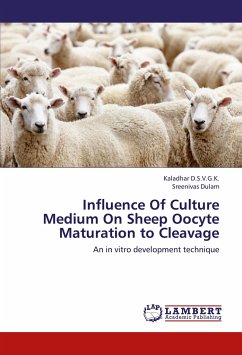
Influence Of Culture Medium On Sheep Oocyte Maturation to Cleavage
An in vitro development technique
Versandkostenfrei!
Versandfertig in 6-10 Tagen
36,99 €
inkl. MwSt.

PAYBACK Punkte
18 °P sammeln!
Sheep were the earliest domestic animals with the reproductive efficiency higher than other domestic animals such as cattle and horses.Over the past few decades the in vitro embryo production procedures developed for sheep have tremendously been improved, but many factors influencing their efficiency still need to be investigated. The in vitro production (IVP) of embryos is a multi-step process applied through oocyte maturation, oocyte fertilization and embryo culture. IVP have enormous potential for the generation of large number of domestic animal embryos for research and the application of ...
Sheep were the earliest domestic animals with the reproductive efficiency higher than other domestic animals such as cattle and horses.Over the past few decades the in vitro embryo production procedures developed for sheep have tremendously been improved, but many factors influencing their efficiency still need to be investigated. The in vitro production (IVP) of embryos is a multi-step process applied through oocyte maturation, oocyte fertilization and embryo culture. IVP have enormous potential for the generation of large number of domestic animal embryos for research and the application of technologies such as transgenic animal production and embryo cloning. The compositions in various culture media differ significantly and the production may vary. Hence the effect of proteins and vitamins during IVC has been conducted in the present study. The pathway analysis of proteins has also been analyzed for confirmation of interaction in these proteins.



